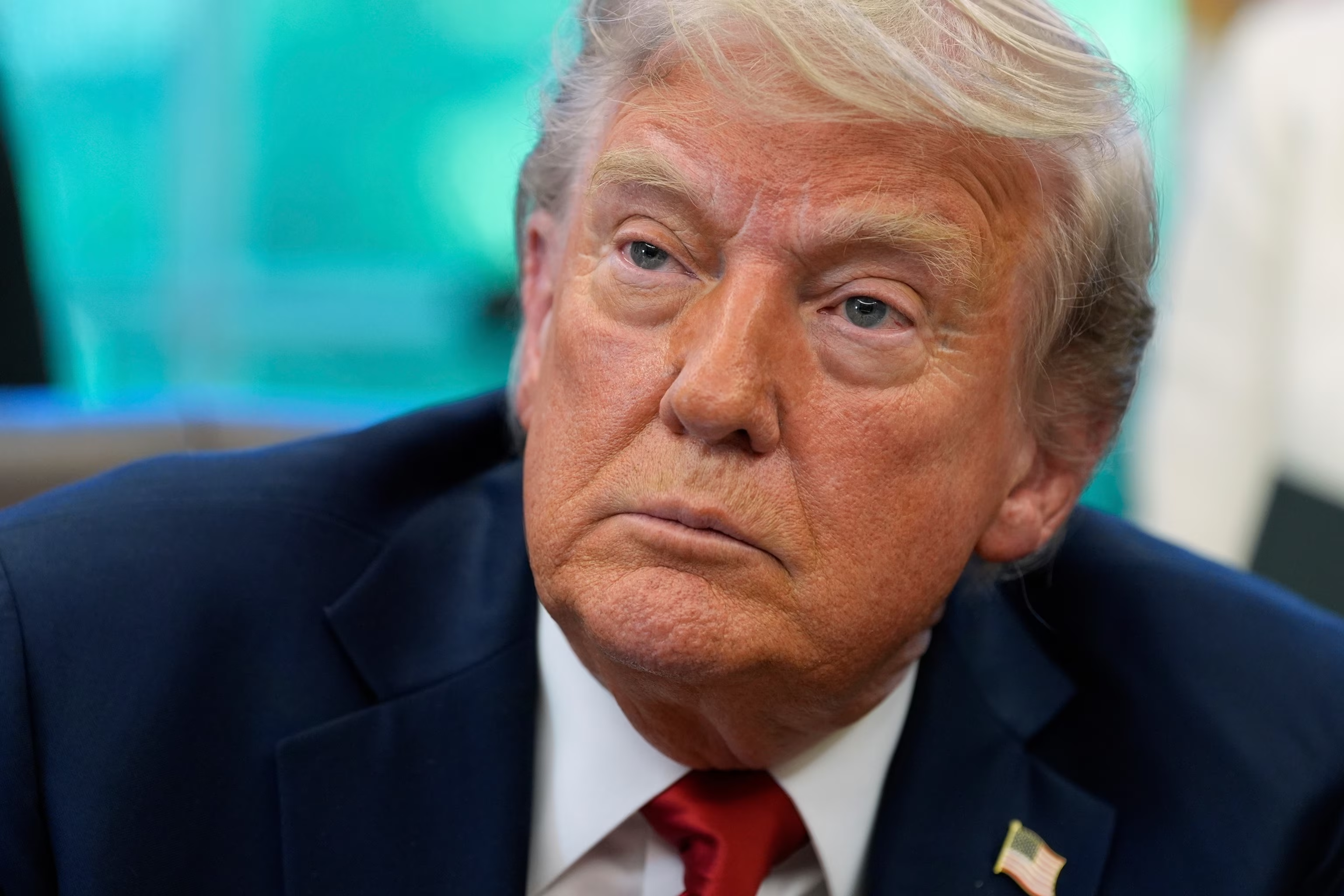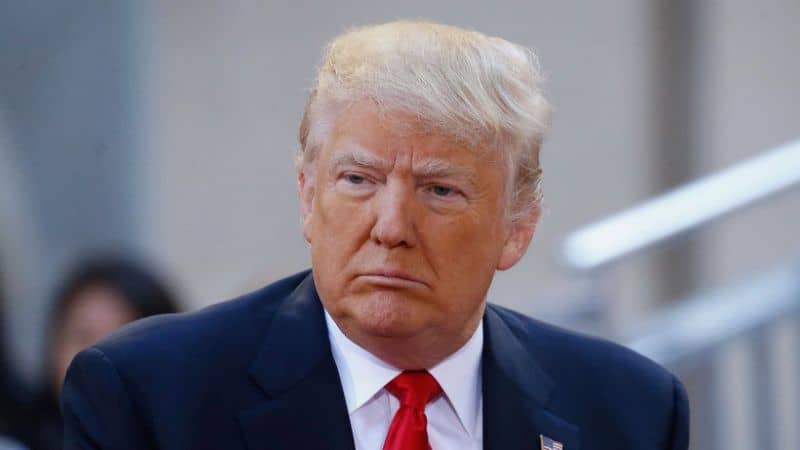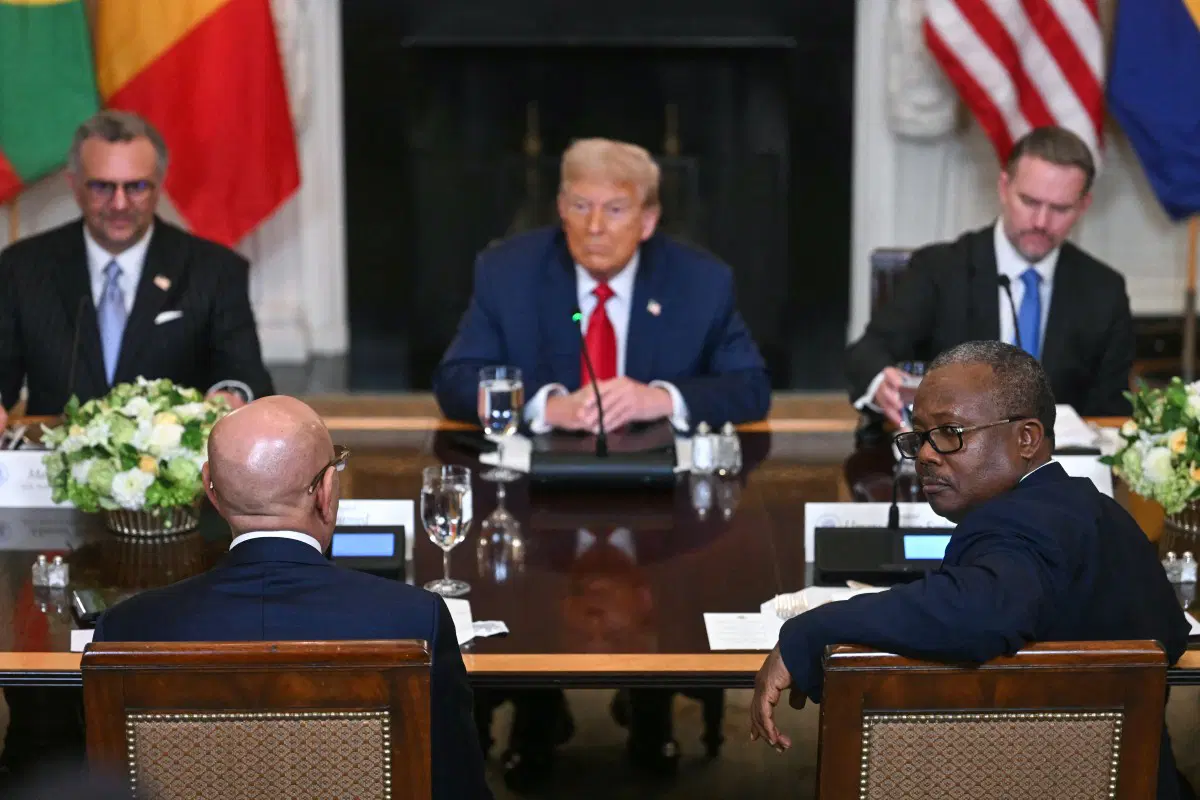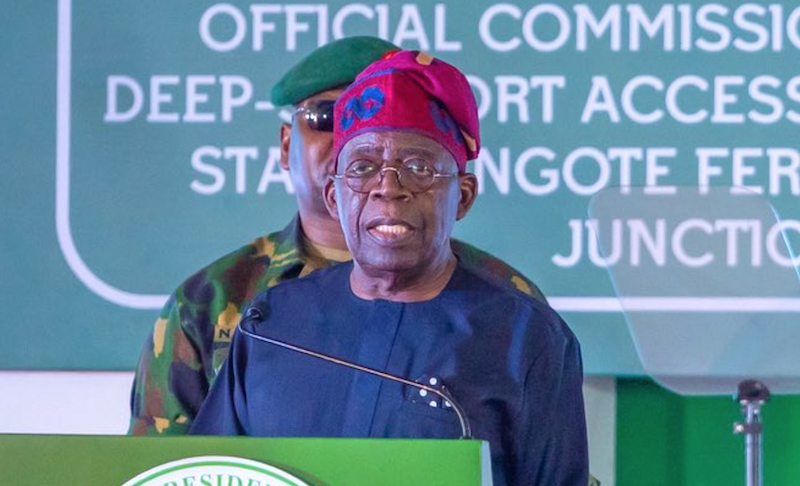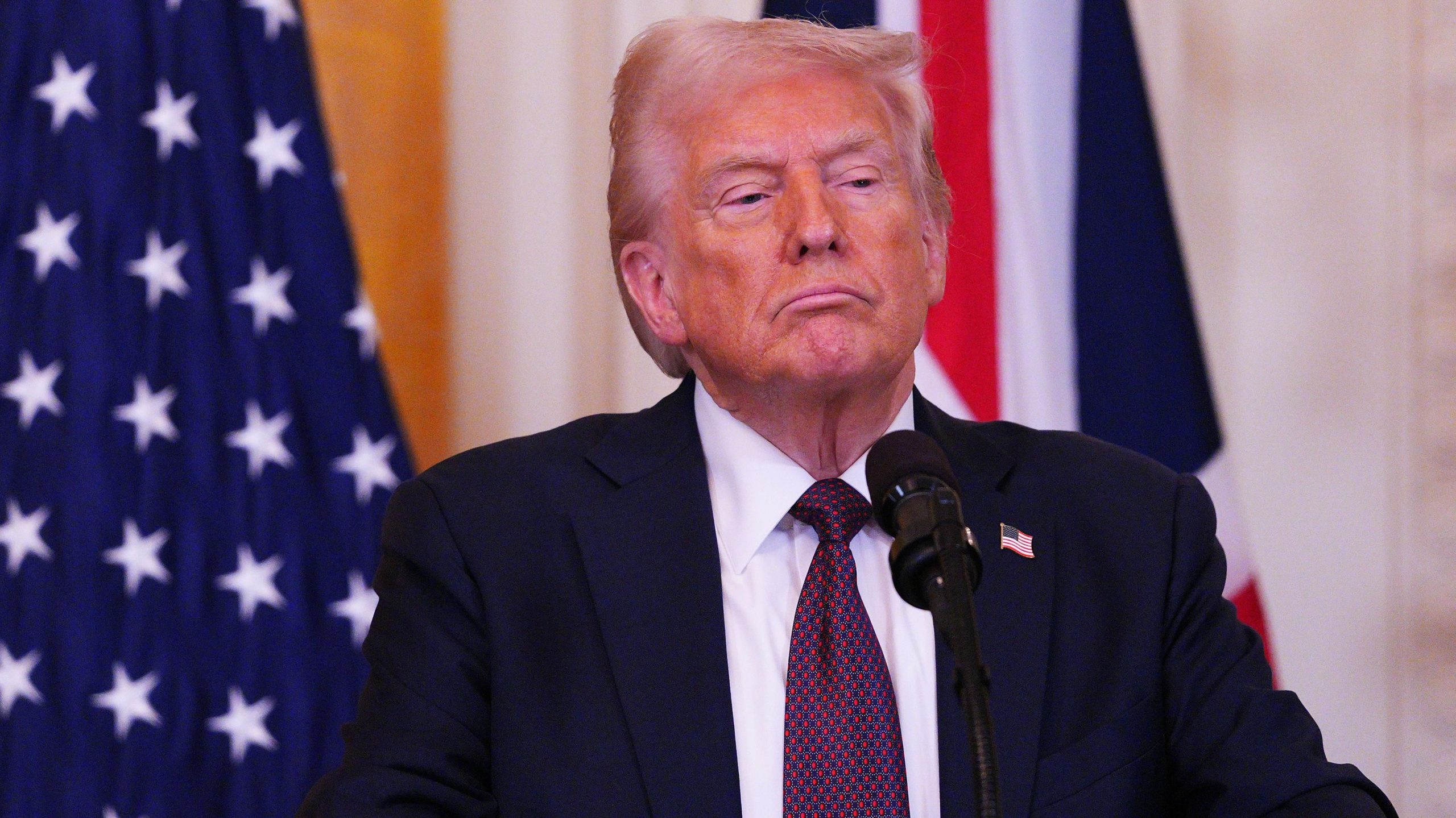A looming battle of wits—and perhaps of ballots—between the world’s richest man and the most powerful political leader promises to be epic. Elon Musk, the technology and aerospace titan, has drawn a clear battle line against President Donald Trump, the 47th president of the United States and head of the global hegemon.
Friends Turned Foes.
During the 2024 U.S. presidential race, Musk poured vast resources into Trump’s successful comeback bid. Yet barely a year later the pair stand at daggers drawn. Trump’s sweeping domestic agenda—dubbed the “Big Beautiful Bill”—has alienated several former allies, none more vocal than Musk. Their falling-out undercuts the old adage “he who pays the piper calls the tune.” Trump, it seems, will not dance to anyone else’s music, except deliver on his campaign promise.
What the Super-Rich Do With Their Fortunes.
Before unpacking the Musk–Trump feud, it is worth recalling how previous holders of the “world’s wealthiest” title chose to deploy their fortunes.
• Bill Gates
Co-founder of Microsoft; World’s Richest Man (1995–2007, 2009, 2014–17)
Gates, now 69, has pledged to give away US $200 billion before 2045 through the Bill & Melinda Gates Foundation, focusing on global health, education, and climate initiatives.
• Warren Buffett
CEO of Berkshire Hathaway; World’s Richest Man (2008)
Buffett, 94, has vowed to donate 99 % of his wealth, primarily via the Gates Foundation and a family-run charitable trust, leaving “just enough”—about US $2 billion each—to his three children. His philosophy:
“Parents should leave their children enough so they can do anything, but not enough that they can do nothing.”
• Elon Musk
CEO of Tesla, SpaceX, X (Twitter), and Starlink; World’s Richest Man since 2021.
After Tesla’s meteoric rise pushed his net worth above US $200 billion, Musk briefly ceded the top spot to Bernard Arnault in 2022 but soon reclaimed it. Now, at 54, the South-African-born entrepreneur is threatening to pour his fortune into founding a new U.S. political party—a direct strike at the Republican–Democratic duopoly—to unseat Trump in 2028. The catalyst: Trump’s signing of the Big Beautiful Bill on 4 July, America’s 249th Independence Day, a legislation Musk argues would stifle technological innovation and space exploration where he plays a prominent role.
From Philanthropy to Power Plays.
While Gates and Buffett channel their billions into philanthropy, Musk appears ready to wield his wealth as a political weapon. If he follows through, the clash between Musk’s cash and Trump’s incumbency could reshape the American—and global—political landscape.
Stay tuned: the richest man on earth and the most powerful politician alive are set for a showdown that may redefine how extreme wealth translates into political power.
As a fallout of his disagreement with President Trump’s domestic policies—particularly on taxation—Elon Musk made a bold declaration on Twitter the following day (Saturday). He revealed that he had polled his followers on whether to form a new political party to challenge President Trump and stated:
“Today, the America Party is formed to give you back your freedom. By a factor of 2 to 1, you want a new political party, and you shall have it!”
Musk’s announcement about launching what he calls the “America Party”—while stunning and unprecedented in the history of U.S. political evolution—is not entirely unexpected. This is especially so, considering the rapid deterioration of the once-unlikely alliance formed last year between then–Republican presidential candidate Donald Trump and Musk, the billionaire founder of Tesla, SpaceX, X (formerly Twitter), and Starlink.
The unusual partnership had a clear objective: to unseat then-President Joe Biden and block Vice President Kamala Harris from ascending further. Both Musk and Trump shared a common enemy but had different motivations. Trump believed that Biden had stolen his 2020 mandate, when he was declared the loser of the presidential contest in 2019 and Biden the winner,while Musk was driven by a deep resentment of what he saw as the Democratic Party’s excessive embrace of “wokeness”—a term he equated with liberal overreach and cultural decay.
Musk’s antagonism toward Biden and the Democratic Party is deeply personal. In 2022, a U.S. court granted his child, Xavier Alexander Musk, legal rights to transition from male to female and adopt the name Vivian Jenna Wilson, effectively disowning Musk. This family conflict, in Musk’s view, was a byproduct of what he labels a “woke” culture, which he blames on Democratic leadership.
With such a powerful convergence of animosity, it wasn’t difficult to see how Trump’s political capital and Musk’s financial muscle could combine to defeat the Biden/Harris ticket in the 2024 election. And they did—Trump returned to the White House on January 20, 2025.
Having achieved their shared objectives—Trump’s reinstatement and the rollback of progressive policies including gender-identity recognition—one might have expected a continued alliance. Especially after Trump declared that only two genders—male and female—would henceforth be recognized by U.S. law, aligning with Musk’s worldview.
Yet, questions remain. Was Musk’s support for Trump merely strategic—meant to ensure favorable policy treatment for his sprawling business empire? Now that he is turning against Trump, their feud is a cautionary tale on why politicians and business tycoons should not be joined at the hip. Their fallout could lead to serious conflicts of interest, particularly as Musk’s newly declared America Party prepares to challenge the Republican establishment in the upcoming midterm elections, he Musk carries on with his threat.
What The World’s Richest Men Do With Their Wealth.
Before delving further into this political rift, it’s insightful to consider how the world’s wealthiest individuals—past and present—have used their fortunes.
Elon Musk
Currently the world’s richest man, with a net worth of approximately $405.2 billion, Musk made his fortune through Tesla (electric vehicles), SpaceX (space exploration), X/Twitter (social media), and Starlink (satellite internet). He’s now channeling that wealth into politics—an unprecedented move in modern U.S. history.
Bernard Arnault
The French luxury goods magnate and head of LVMH, Arnault was the world’s richest man in 2022 with a net worth of $199 billion. He made his fortune through high-end brands such as Louis Vuitton, Moët & Chandon, and Hennessy.
Jeff Bezos
Founder of Amazon and Blue Origin, Bezos is currently the world’s second richest man, worth around $244 billion. Like Musk, he has invested in space exploration and also owns The Washington Post, signaling an interest in media influence.
Mark Zuckerberg
At $225 billion, Zuckerberg is the founder of Facebook/Meta, a social media empire that has shaped global communication, politics, and advertising.
Bill Gates
Founder of Microsoft, Gates held the title of the world’s richest man from 1995 to 2018. Now worth billions, he is one of the world’s leading philanthropists through the Bill & Melinda Gates Foundation, focusing on global health, education, and poverty eradication.
Carlos Slim Helú
The Mexican business tycoon was the world’s richest man from 2010 to 2013. His wealth, accumulated through Grupo Carso, spans telecommunications (América Móvil), construction, and retail.
Warren Buffett
Founder of Berkshire Hathaway, Buffett was the world’s richest man in 2008 with a net worth of $62 billion at the time. Now 94, he has pledged to donate 99% of his wealth to philanthropy, primarily via the Gates Foundation.
John D. Rockefeller
Arguably the original billionaire, Rockefeller built Standard Oil into the world’s most powerful oil empire. He was the first person on public record to be declared the world’s richest man, and his name remains synonymous with wealth and philanthropy.
A Common Thread: National Influence.
Interestingly, with the exception of Bernard Arnault and Carlos Slim, all individuals who have held the title of the world’s richest have been Americans. Their wealth has not only shaped industries but influenced politics, public policy, and social development—often blurring the lines between capital and democracy.
Now, with Musk preparing to challenge the traditional two-party system-duopoly, the U.S. may be on the cusp of a new political era—one where the ultra-rich not only fund political movements but lead them too. If it manifests in the US it will be copied in europe and the rest of the world with serious implications as democracy as we know it today-govt.of the people, by the people and for the people as introduced in Athens,Greece by Cleisthenes in 507 BC may not remain the same. Rather , the role of money, not conscience in choosing political leaders will be heavily influenced by the wealthy not the massses which is curreently a common practice in nascent democracies in Africa and elsewhere in the developing world where they are looking up to the advanced democracies for guidance.
Over the past century, different individuals have emerged as the world’s richest at various points in time. Interestingly, their wealth has often been derived from the most impactful or trending industries of their era.
John D. Rockefeller earned his place as the world’s richest man through oil exploration—a sector that, at the time, was the lifeblood of the global economy. Warren Buffett ascended to the top during a period when hedge funds and bond investments dominated the wealth-generation space. Bill Gates, meanwhile, achieved his status during the rise of the Information Technology (IT) revolution. Jeff Bezos capitalized on the explosion of online retail and logistics, while Bernard Arnault built his fortune in the luxury goods market. Today, Elon Musk holds the title, having leveraged the global shift from fossil fuels to electric mobility through Tesla, alongside ventures in space technology, communication (Starlink), and social media (X, formerly Twitter).
Though all these men have accumulated extraordinary wealth, their approaches to giving back—or not—vary widely. Historically, many of the world’s richest individuals channeled their fortunes into philanthropy or public good. For instance, Bill Gates and Warren Buffett have invested billions into disease eradication, education, and global health through the Bill & Melinda Gates Foundation and other initiatives. They have consciously avoided political entanglements, choosing instead to uplift humanity through strategic social investments.
In contrast, Elon Musk has taken a markedly different route. Until recently, he appeared to share similar philanthropic values. However, his pivot into political funding—culminating in a reported $300 million contribution to President Trump’s 2024 campaign—has placed him at the center of political controversy. His involvement has further intensified since his recent declaration of forming a new political platform, the “America Party,” in opposition to Trump.
This deviation from the typical billionaire playbook has made Musk a polarizing figure. His political ambitions, particularly his tenure as head of the Department of Government Efficiency (DOGE), have drawn sharp criticism. Once hailed for his technological innovations—ranging from electric vehicles to reusable rockets—Musk now faces a wave of public backlash. Tesla owners have gone as far as burning their vehicles in protest. His brand has taken a hit, and shareholders have grown increasingly wary of his political entanglements.
Ironically, Trump and the Republican Party once championed Musk and Tesla. Now, they find themselves in the crosshairs of Musk’s political ambitions. The paradox is as glaring as it is instructive.
Musk’s fall from grace is not unique. Bill Gates once faced a backlash for predicting the potentially catastrophic impact of COVID-19 on Africa—a projection that proved to be off the mark. He was also accused, without evidence, of supporting eugenics-related research. Yet, Gates has largely maintained his reputation due to his consistent focus on humanitarian causes. The same cannot be said of Musk, whose tenure at DOGE was seen by many as high-handed and out-of-touch.
Even Rockefeller was not without controversy. He was alleged to have played a role in the 1915 Armenian genocide in the Baku region of present-day Azerbaijan—then under Soviet control. Allegations suggest that, to protect their refinery operations in the region, Rockefeller and the Rothschilds enlisted the Turkish army to forcibly remove the local Armenian population-marking it the first genocide before the Nazi holocaust . Though Turkey has denied the genocide, and the United Nations long withheld recognition, President Joe Biden formally acknowledged it as genocide on April 24, 2021—over a century later.
Today’s billionaires, particularly those in technology, seem more inclined to pursue profit than purpose. Unlike the Carnegies, Fords, and Rockefellers of old, many modern billionaires are focused on personal indulgence—space tourism, luxury weddings in Venice, and opulent mansions around the globe. In Nigeria, the pattern is strikingly similar.
Whether their wealth comes from oil, banking, technology, or even law, few Nigerian billionaires are endowing universities, funding scholarships, or building hospitals. While some do engage in philanthropy, (Dangote, Mike Adenuga, Femi Otedola, Toni Elumelu, James lbori, Samad Rabiu etc engage in empowerment or set up educational institutions to support the indigent) the majority appear more interested in lavish lifestyles—hosting extravagant parties in Dubai, buying private jets and fleets of luxury cars, and building palatial homes they rarely inhabit.
In contrast to this trend, some American billionaires have ventured into politics with varying degrees of success. Ross Perot, founder of Texas Instruments, famously disrupted George H.W. Bush’s 1992 reelection bid by capturing nearly 20% of the vote as an independent. Ralph Nader ran as a Green Party candidate multiple times, while Mike Bloomberg—founder of Bloomberg LP and former mayor of New York—entered the 2020 presidential race as a Democrat, self-funding his campaign to the tune of $1 billion.
To out the narrative in context, in Nigeria, the closest parallel to Musk’s political move would be if Alhaji Aliko Dangote challenged President Bola Tinubu. Dangote has demonstrated that he would never do that when at the launch of the link road from his refinery by President Tinubu, he humourously instructed the master of ceremony not to refer to him as president/ CEO of Dangote group since the President Tinubu, his superior was there. He is that humble and apolitical. Chief MKO Abiola, a multi- billionaire tried to become the president of Nigeria by contesting for the top job straight out of the business world during a military dictatorship to democracy in 1993. Unfortunately, he did not only loss his fortune, he also lost his life.
But while Musk can survive political backlash in a country like the U.S., where institutions are strong, such a move in Nigeria could endanger an entire business empire. Even in the US , already, Musk’s own companies are feeling the pressure. Azoria Partners, an investment firm involved in business with him, has reportedly delayed the launch of a Tesla exchange-traded fund (ETF) due to uncertainty surrounding Musk’s political intentions. That is on top of the fact that Tesla shares have been rising and falling sharply since he dabbled into politics.
Azoria’s CEO, James Fishback, has called on Tesla’s board to clarify Musk’s political ambitions, warning that the launch of the America Party could erode shareholder confidence. The stock market, sensitive to leadership uncertainty, is watching closely.
In a previous column a couple of weeks ago, titled “Trump and Musk Feud: A Case for Keeping Politics and Business Separate,” I made the argument that wealthy entrepreneurs should tread carefully when entering the political arena. Government, after all, is the most powerful authority after God. It’s no surprise that Musk may soon have to yield the title of the world’s richest man to Jeff Bezos—again as his vast business empire may further be diminished.
In Nigeria, similar tensions are playing out. The formation of the African Democratic Congress (ADC) by disenchanted former APC stalwarts mirrors the creation of the America Party in the U.S. disgruntled Musk.
In both cases, political egos and personal ambition appear to be driving these initiatives—not necessarily a desire to serve the public good.
It’s hard to imagine that Americans are seeking a messiah in Elon Musk—a man many view with suspicion due to his leadership of DOGE and controversial business practices. Nor are Nigerians likely to be swayed by grand political declarations by the new opposition party in a formation stage. In his speech at the launch of the ADC, former Senate President David Mark , an active participant in politics since the return of multiparty democracy in 1999- 26 years ago proclaimed:
“Today marks the beginning of what we believe will be a long, difficult, and tedious journey. However, it is a journey that we are prepared to undertake, united in our collective belief that no price or sacrifice is too high in the service of our fatherland.”
But the Nigerian electorate has grown skeptical. Years of broken promises by political actors have left a deep trust deficit. It remains to be seen whether this new party—like Musk’s in the U.S.—can gain genuine public traction.
In the end, neither President Trump nor President Tinubu is likely to remain idle. Both are seasoned political operators known for their agility and resilience. As we look ahead to the 2027 (Nigeria) and 2028 (U.S.) elections, it’s clear that the political landscapes of both nations are poised for seismic shifts.
President Trump has put Musk on notice that he and his numerous businesses may be probed and in Nigeria President Tinubu currently attending a BRICS meeting holding in Brazil may already have his antidote to the ADC threat.
Overall, both Trump and Tinubu, with midterm in the US still about a year from today and re-election in Nigeria about two years from now, the two leaders have enough time to self correct their policies that are not on point and shore up their voting base to enhance re-electability for Tinubu who has the knack for masterstrokes and sustainance of Republican party’s dominance of all the branches after the midterm elections.
Magnus Onyibe, an entrepreneur, public policy analyst, author, democracy advocate, development strategist, and alumnus of the Fletcher School of Law and Diplomacy, Tufts University, Massachusetts, USA, is also a Commonwealth Institute Scholar and a former commissioner in the Delta State government. He sent this piece from Washington D.C., USA.
